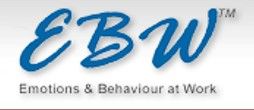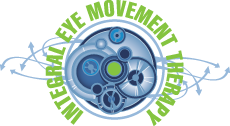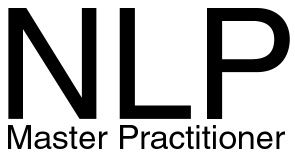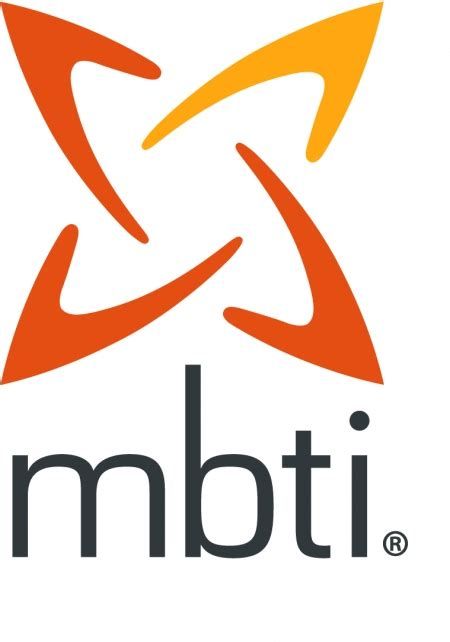01234 823495
Our tools and methodologies
Discover more about our range of tools and methodologies in our services for clients, including SDI, NLP, MBTI, Belbin, EBW and IEMT.

Belbin
Research based on the Henley Management Centre, 1969 to 1981 conducted by Dr Meredith Belbin. The underlying principle is that "no individual can be perfect, but a team can be". People have “a tendency to behave, contribute and inter-relate in a particular way”. Belbin covers personality, team roles, environment, function, job, ability, values. Roles identified are Preferred – we have two to three natural roles which we should do as much as we can and we are comfortable with. Secondary – manageable, may have to do, may sacrifice preferred roles. Least Preferred – delegate if you can, hold your hand-up or learn. Allowable – other side of coin, the price we pay. Manage roles rather than change.
There are three questionnaires available: Self Perception, Observers (360 degree) and ‘Inter-place’ specifically for recruitment.

EBW
There are 8 emotional/behavioural clusters that provide the focus of the EBW which determine how we manage ourselves and interact with others: - Decisiveness , Motivation , Influence , Adaptability , Empathy , Stress Resilience , Conscientiousness , Self-Awareness. The way a person approaches work is explored along with a range of emotions and behaviours that relate to a person's Emotional Intelligence at work. The EBW provides detailed feedback on the eight key emotional behavioural clusters that help predict an individual's Business Emotional Intelligence and their potential to succeed in the future.
Individuals would be asked to complete a questionnaire on-line, the confidential report would be sent to Heather Dallas, a qualified EBW Practioner. After an introduction at the workshop, Heather will invite participants to self-assess on the above clusters. She will then distribute the reports and facilitate various exercises using the 8 clusters

IEMT
IEMT is a modern method of providing brief and sustainable Methodology with results that speak for themselves. It is easy to learn and effective as a stand alone model or used in conjunction with other modalities. Developed in West Sussex by Andrew Austin, it is really starting to shift understanding about the mind body connection and how our physiology affects our emotions, beliefs and identity structures.
This is a model that by - passes talking therapy and recodes neurology without the need for client content. This means that clients may retain their privacy, save time and financial resources by achieving results fast.
Dallas Development has used IEMT successfully with clients who are afraid of speaking in public and calming down their breathing.

NLP
Neuro Linguistic Programming is the study of human excellence or modelling excellence. NEURO - the whole brain approach, LINGUISTIC - the speech we use (phrases, words, sentence structure, body language and inner language) and PROGRAMMING - the way we process information. Take any example of success or excellence, and identify the common denominators to do with the neuro, linguistics and programming. One example is the Disney Strategy. Walt Disney in his time was an example of excellence. When observed by Robert Dilts, (one of global experts in NLP), Disney metaphorically wore three different hats i.e. the dreamer, the critic and the realist. Sports coaches will use modelling excellence to enhance performance.
Business applications of NLP include personal coaching, presentation skills, motivation, goal setting, handling conflict, accelerated learning and goal setting.

MBTI
Myers Briggs Type Indicator helps participants determine their preferences for where they get their energy from, how they make decisions, how they take in information and their relationship with time. In Dallas Development's opinion, MBTI is the most respected and robust personality profiling tool.
The emphasis is placed on the importance of self-assessment rather than boxing people into one type purely based on the questionnaire. Teams then carry out various exercises to experience the different preferences, ascertain their team dynamic and have discussions around what impact that has on their communication, meetings, decision making, ways of working and even office layout.

SDI
Dallas Development offers SDI workshops and individual coaching for your training and development needs.
SDI is a training and consulting tool which identifies personal strengths based on our motivational values. We have values when all is working well and sometimes different values when we are faced with conflict or a difficult situation. It can act as a catalyst for clear and adaptable communication, resulting in a ‘common language’ which is easily understood and can be used by everyone. Ideal for team workshops, conflict management and one to one coaching.
© Copyright. All rights reserved.